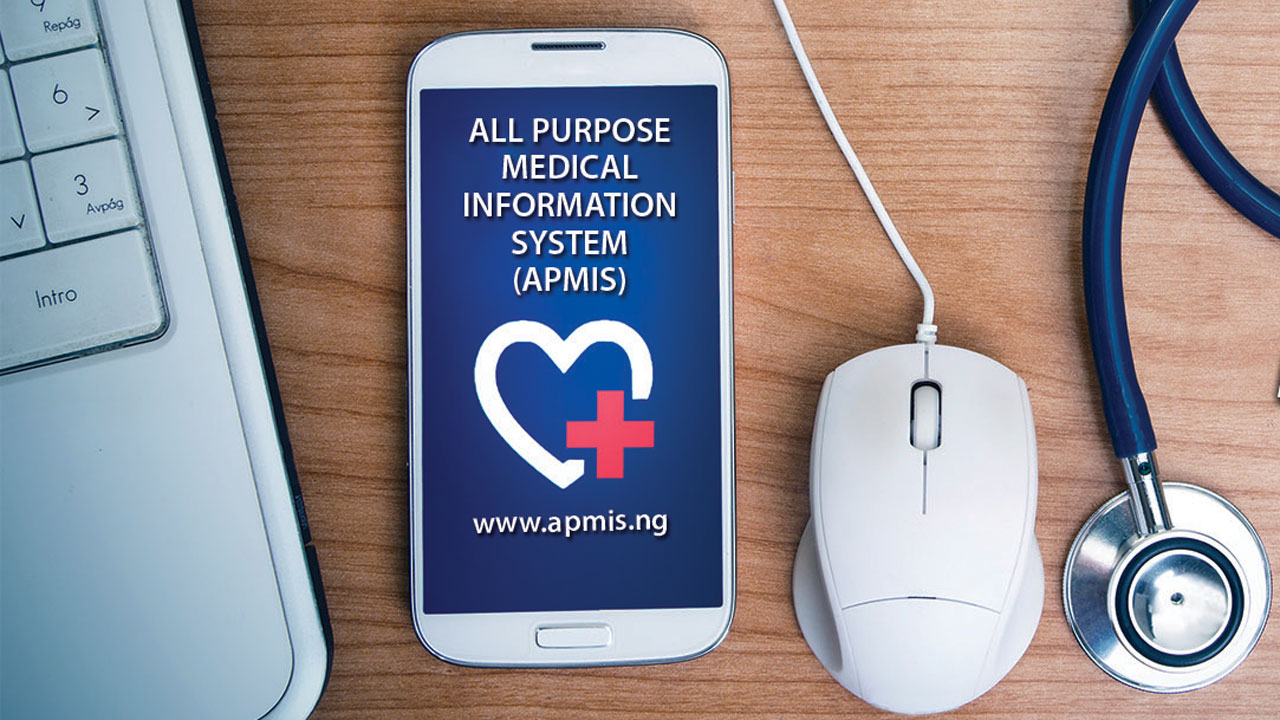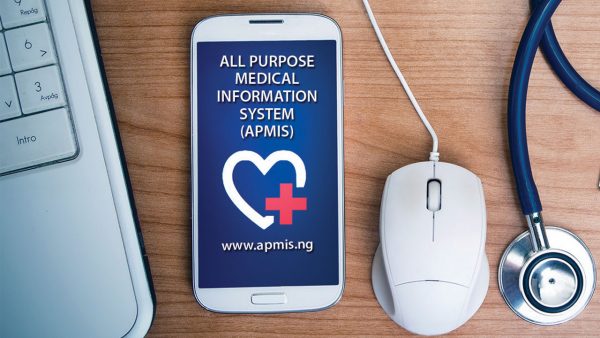For most of its existence, Nigeria’s medical institutions ran a lot of processes manually. Hospitals held their patients’ medical records in paper files, which they had to manually sort through whenever a returning patient came on a scheduled visit. The dispensing and accounting processes weren’t any better. Cashiers collected wads of cash and did tedious sums with paper, pens, and calculators. The hospitals’ stock of drugs also had to be tracked manually.
Hospitals needed more hands, more effort, and more time to get things one. And with only a small number of them (or capita) in the country, waiting lists were always going to be obscenely long.
Read more about other Brands We Love
In recent times, technologies like APMIS have been developed to help hospitals and clinics cut down on these inefficiencies and improve the speed and effectiveness of their processes. These healthcare management technologies are changing the way these institutions are run. And it’s all for the greater good.
APMIS- an abbreviation for the All Purpose Medical Information System –is a digital platform that caters to most of the record-keeping and communication needs of healthcare establishments. Its solutions cover patient records and appointments to prescriptions and payment.
Simpa Dania, the founder of APMIS, began working on the solution in 2004. The company name at that time was Sabaoth Technologies. But then the public came to know them by the name of their flagship product. The team picked up on this and changed the company’s name to APMIS.
The Solutions on the APMIS Platform
The platform has several modules integrated into it. One of them allows hospitals to hold their patients’ health records electronically. There are also modules for setting appointment dates, recording prescriptions, saving radiology images, and generating medical reports.
Other functions covered by the platform are blood bank, medical supplies, and other inventory tracking functions. If blood supplies and medicines are depleted, inventory managers can survey available supplier options through the platform and arrange for their stocks to be replenished. It also allows user hospitals to integrate SMS, voice calls, and web-based communication channels.
A ward management system makes it easy to keep a record of admitted patients, and plugs into ward monitoring devices as well.
APMIS’s payment function facilitates electronic payments for services rendered by hospitals. It also has modules for hospital payroll and human resource management.
Sign up to the Connect Nigeria daily newsletter
Growth and Milestones
APMIS started off consulting for the University College Hospital, Ibadan, in the mid-2000s. They subsequently expanded to Lagos in 2007 and got their first funding round at about the same time. The support enabled them to develop a comprehensive electronic platform for medical institutions in 2015.
They have since gotten further backing from global tech giant Microsoft, and Nigerian IT company Sidmach Technologies. This support has enabled them to deploy the product in several healthcare institutions across the country.
Featured image source: The Guardian NG
Did you find this article useful? Contact us via [email protected]


